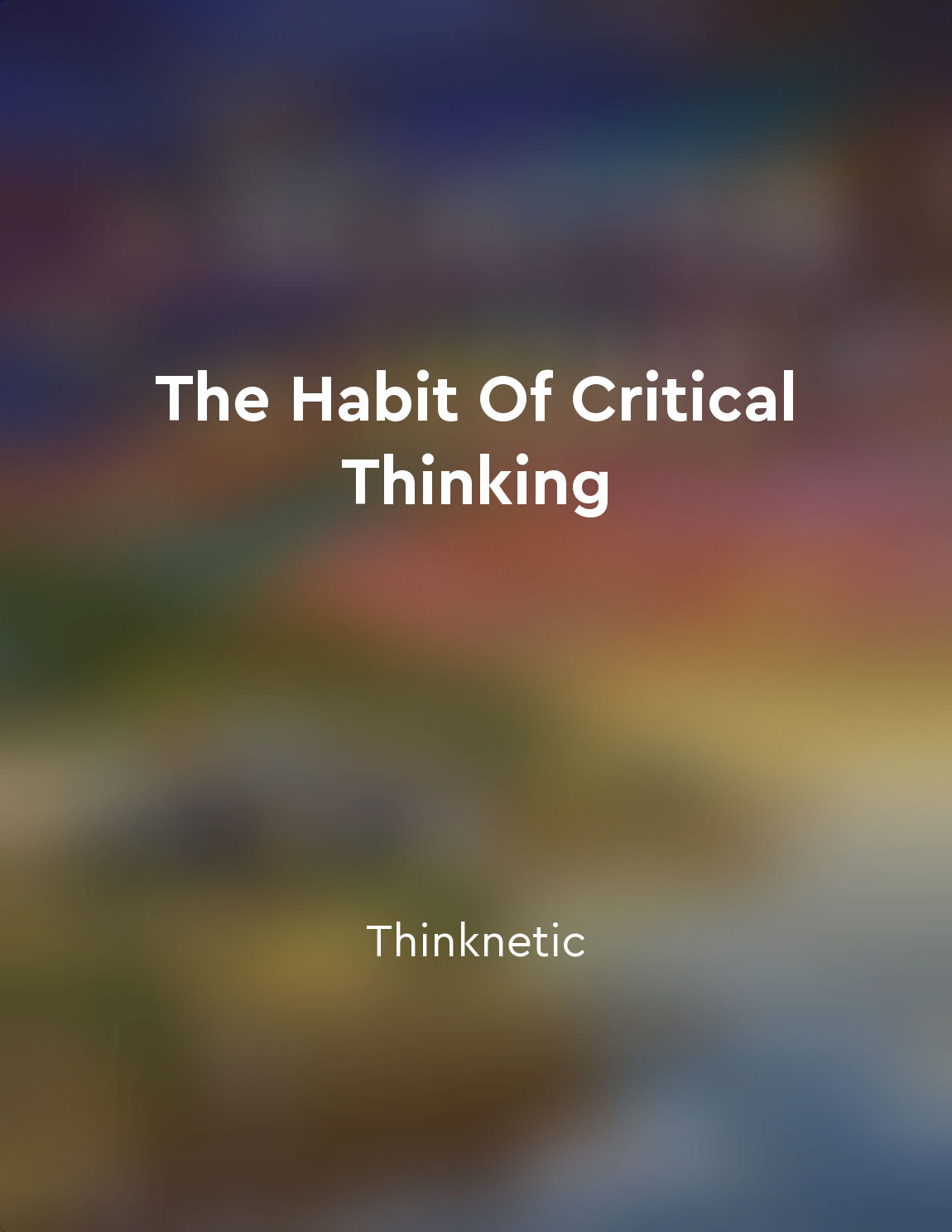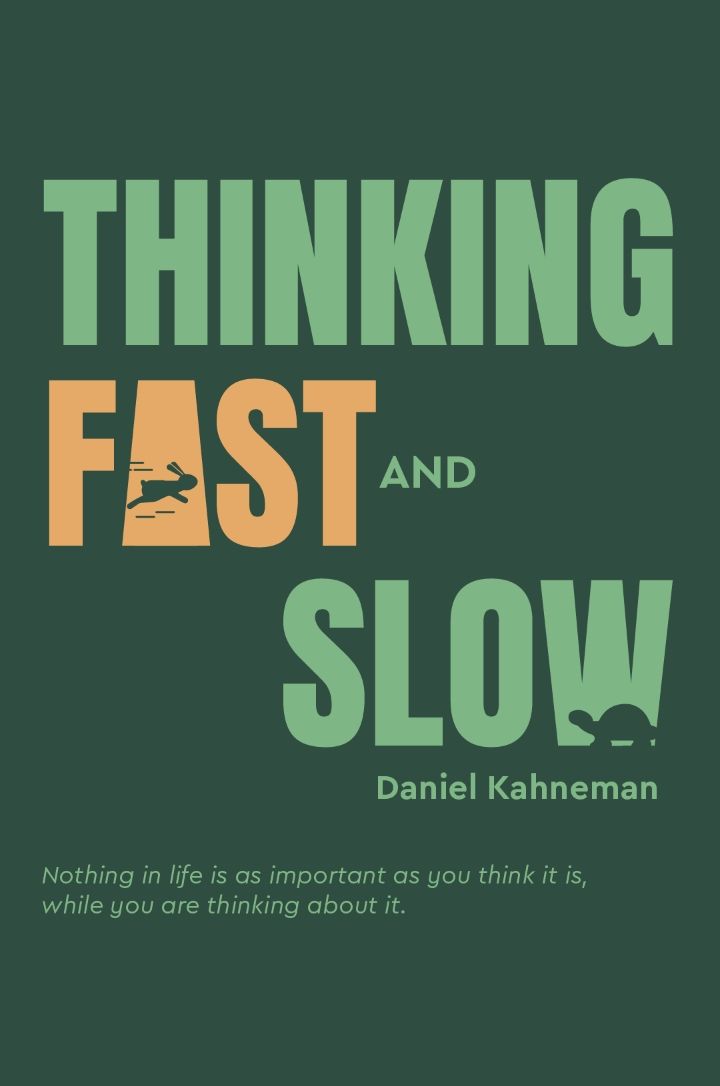Audio available in app
Availability heuristic influences our decisionmaking from "summary" of Thinking, Fast and Slow by Daniel Kahneman
The availability heuristic is a mental shortcut that we all use when making decisions. It involves relying on information that is readily available to us, often through recent experiences or vivid examples that come to mind easily. This heuristic can significantly influence our decision-making process, leading us to overestimate the likelihood of events that are more easily recalled, even if they are not actually very common or probable. For example, if we hear about a plane crash on the news, we may become more fearful of flying, even though statistically speaking, flying is one of the safest modes of transportation. The vividness of the news story makes the idea of a plane crash more available in our minds, leading us to believe it is more likely to happen to us. The availability heuristic is a product of our brain's reliance on mental shortcuts to make quick decisions without expending too much cognitive effort. While these shortcuts can be helpful in some situations, they can also lead us astray by causing us to focus on the wrong information or overlook important details. In order to combat the influence of the availability heuristic on our decision-making, it is important to be aware of its existence and consciously consider a wider range of information when evaluating probabilities and making choices. By taking the time to think more critically about the information we are basing our decisions on and considering a broader range of factors, we can avoid falling into the trap of relying too heavily on the availability heuristic.Similar Posts

Engage in debate to stimulate critical thinking skills
When we engage in debate, we are not just voicing our opinions or arguing for the sake of winning. Rather, we are actively part...

Distractions hinder problemsolving
When you are trying to solve a problem, distractions can be a major hindrance. Your brain has a limited capacity for processing...

Consider multiple perspectives
When we engage in critical thinking, it is essential to consider multiple perspectives. This means looking at a situation or is...
Flexibility in decisionmaking can lead to better outcomes
In our quest to make choices, we often tend to believe that sticking to a decision is a sign of strength and certainty. We are ...

Calibration of confidence is vital for accurate predictions
The accuracy of our predictions hinges on our ability to calibrate our confidence levels accordingly. It is not enough to simpl...
Humans possess unique cognitive abilities
One of the most intriguing aspects of human cognition is our ability to think and reason in ways that set us apart from other s...
Overconfidence can lead to poor decisions
The phenomenon of overconfidence represents a common cognitive bias that can significantly impact decision-making processes in ...
Continuous learning and adaptation are essential for mastering the use of mental triggers
To truly master the use of mental triggers, one must understand that continuous learning and adaptation are crucial. This means...
The importance of continuous learning in improving our thinking
Continuous learning plays a crucial role in enhancing our thinking abilities. In today's fast-paced world, the only way to keep...
Be open to feedback and constructive criticism
To truly grow and improve in any aspect of life, one must be willing to receive feedback and constructive criticism from others...

